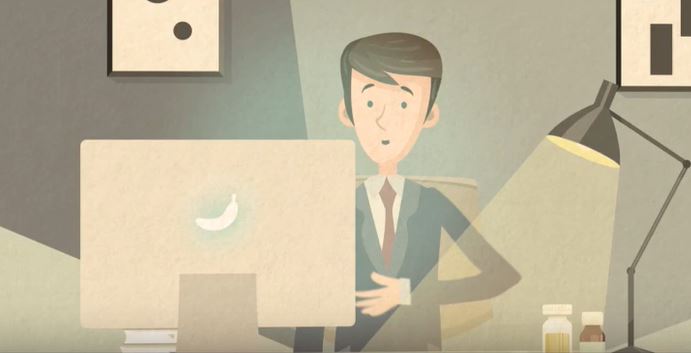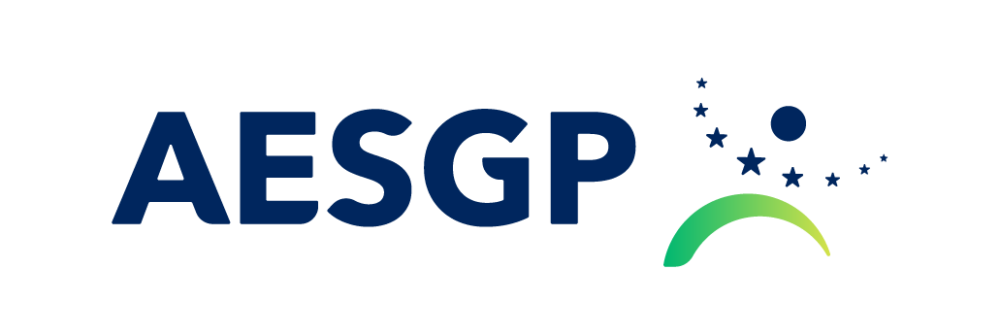Health education is a right, a public good and a public responsibility. With an ageing population with higher rates of non-communicable diseases and other long-term health conditions, it is vital that self-care along with health literacy are embedded as part of health policy. By powering self-care and health literacy as a part of lifelong learning, from early life to active and healthy ageing, and stepping up collaboration, we can ensure a sustainable future for our societies.
Every year, on 24 January, the world celebrates International Day of Education[1], an occasion to commend the role of education for peace and development. It is also a right moment to remind and praise education in health as an important lever for the sustainability of our healthcare systems, making our societies more resilient and future-proof.
COVID-19, a wakeup call
The global pandemic of COVID-19 has significantly disrupted our lives. It is evident that the many changes we have witnessed throughout 2020 until today will stay with us for a while, in one way or another, and that life after the pandemic will be different from what we have been used to.
The COVID-19 pandemic has been a wakeup call. Among the many lessons it brought, it has demonstrated how self-care and health literacy (i.e., knowing how and when to take care of our health) are important for our societies to run adequately. During the nationwide lockdowns, and throughout the dark days of the crisis, everyone was asked to stay at home and practice self-care as much as possible, while professional care was reserved to the severely ill. Pharmacies, at the heart of communities, remained open and made sure that everyone had access to self-care products and professional advice. By staying at home and practicing self-care, we all helped flatten the curve in Europe.
COVID-19 has changed the way we perceive self-care and how we should use and access healthcare services. A survey by PAGB[2], the Proprietary Association of Great Britain, found that 86% of respondents agreed that A&E and GP appointments should be used only when absolutely essential. The findings also suggest the sharp fall in numbers attending A&E departments and GP surgeries during lockdown could pave the way for a longer-term shift away from inappropriate use of NHS resources – and free up huge savings for reinvestment in services – if people feel properly supported and informed about self-care.
The importance of self-care and health literacy, as means to ensure the resilience of health systems and healthy societies, has become more apparent than ever. It is paramount to continue promoting and advancing responsible self-care during these difficult times and beyond.
The meaning of Self-Care
For many of us, “self-care” is our first response to everyday common conditions such as cold, pain, indigestion, allergy, etc. It is best illustrated by the fact that, in Europe, in 2019 alone, we have purchased over 9.5 billion packs of non-prescription medicines and 1 billion packs of vitamins and minerals.
Self-care is a major public health resource and the fundamental level of resilient healthcare systems. When practised correctly and responsibly, self-care proves to be a win-win solution, not only for individuals, but also for society and health systems (read more about the value of self-care)[3].

Self-care is not a new notion. Its value has been recognised for many years. In the late 70s and early 80s, the critical role people could and should play in maintaining their health was officially recognised and supported by the World Health Organization:
“ (…) people have the right and duty to participate individually and collectively in the planning and implementation of their healthcare” World Health Organization (Declaration of Alma-Ata)[4]
Results from a recent social media research by AESGP demonstrate that interest in self-care, prevention and maintaining good health has been increasing over the last 5 years, with a noticeable peak during the first wave of COVID-19. Maintaining this interest alive will be of utmost importance if we want to ensure the sustainability of our healthcare systems and services.
The AESGP aspires to lead and champion the self-care agenda with a mission to advance responsible self-care, enabling citizens to take better care of their health needs, and contribute to the sustainability of European healthcare systems (read more about who we are).
Powering Health Education and improving Health Literacy after COVID-19
Self-care entails a responsible self-assessment, self-treatment and self-monitoring. This is only possible by educating citizens in health and offering professional guidance where appropriate on healthy lifestyle choices.
Health literacy needs to be worked on several axes:
- for patients, to better self-manage their well-being, chronic conditions and other limitations;
- for healthy citizens, to prevent illness throughout life, manage common conditions and to recognize trustworthy sources of information;
- for media, journalists and communicators, to convey reliable messages and address healthcare concepts responsibly.
Increasing health literacy can empower citizens to take wiser decisions that will benefit their health. This can be achieved with education and professional guidance, but also by fostering easy access to reliable information covering all aspects of health – including prevention, self-assessment, treatment options, evidence for different treatments and lifestyle advice.
In an increasingly digitalised world where online health information is uneven, and more importantly in times of crisis to combat and limit the impact of mis- or disinformation, citizens need to feel confident at all times that the information they are provided with is trustworthy.
Whether it be by responsible marketing and advertisement, by joint education initiatives promoting health information through a self-care game, or calls for the inclusion of self-care in basic high school curricula and in training and education courses for healthcare professionals, via partnerships or on its own initiative, the European Self-Care Industry aims to play its role in helping citizens get the best of self-care.
Health education is a right, a public good and a public responsibility. With an ageing population with higher rates of non-communicable diseases and other long-term health conditions, it is vital that self-care along with health literacy are embedded as part of health policy. By powering self-care and health literacy as a part of lifelong learning, from early life to active and healthy ageing, and stepping up collaboration, we can ensure a sustainable future for our societies.
References
[1] Read more about International Day of Education: https://en.unesco.org/commemorations/educationday
[2] PAGB, “PAGB survey suggests coronavirus will change attitudes to NHS use”: https://www.pagb.co.uk/latest-news/pagb-self-care-survey/
[3] On the occasion of the upcoming AESGP 57th Annual Meeting, we will be presenting new evidence quantifying the value of self-care to people and society with the official launch of our new economic study. Read more: https://aesgp.eu/events/57th-aesgp-annual-meeting
[4] Learn more about the history of our Industry: https://aesgp.eu/our-history
